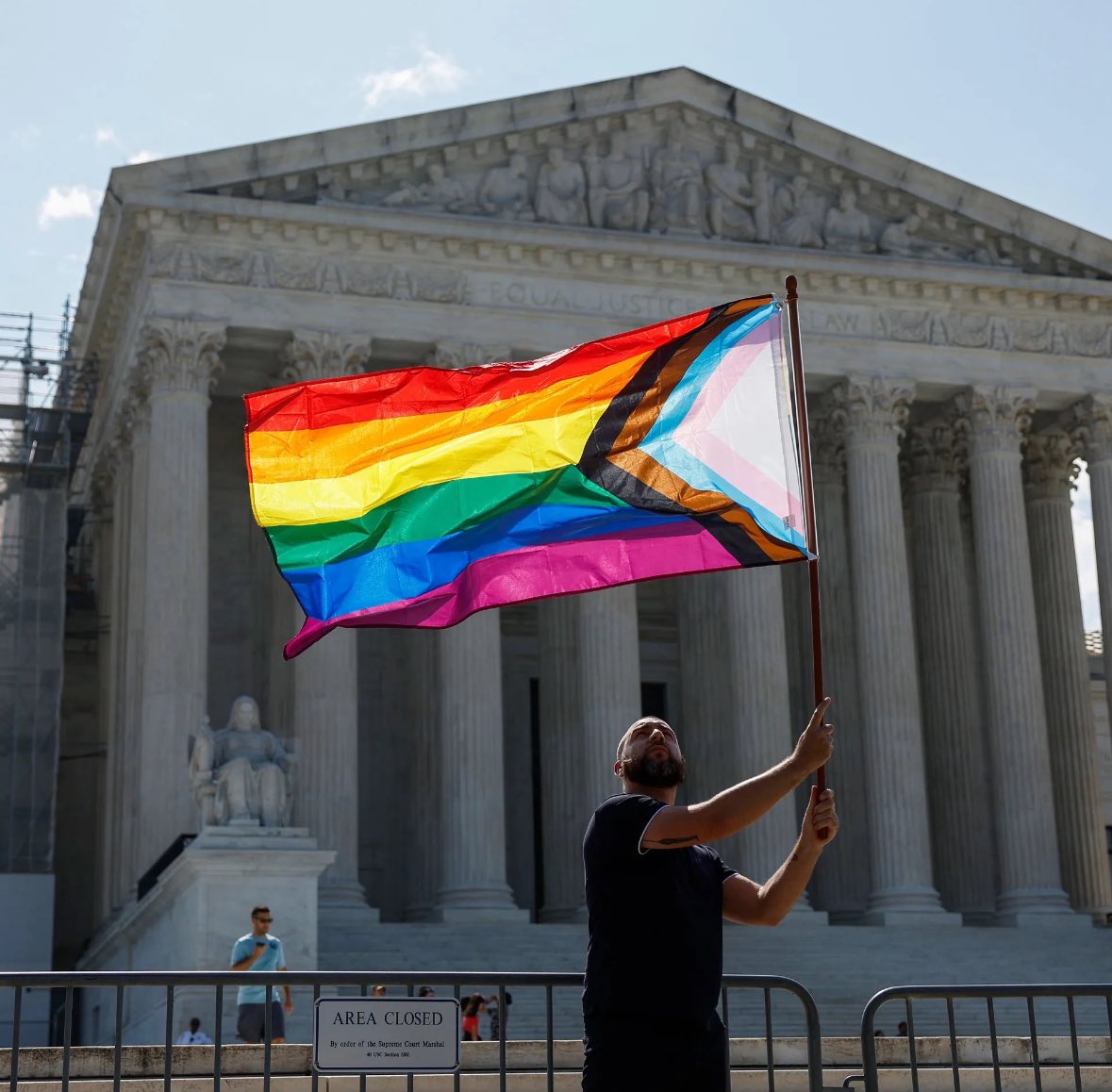
Reports surfaced today claiming that the Supreme Court is considering reversing the legalization of same-sex marriage this fall, but multiple legal analysts and insiders have strongly disputed the notion, clarifying that the Court has shown no indication of revisiting or overturning the landmark 2015 ruling in Obergefell v. Hodges. While sensational headlines circulated on social media, experts emphasize that these claims are unfounded and misrepresent the Court’s current agenda.
The 2015 decision in Obergefell v. Hodges established that same-sex couples have a constitutional right to marry nationwide, a ruling that has remained intact for nearly a decade. Since that time, attempts to challenge the decision have surfaced in various forms, but the Supreme Court has consistently upheld the principle that marriage equality is protected under the Constitution. Legal scholars note that reversing such a precedent would require a formal case with strong legal grounds, something that is currently absent from the Court’s docket.
Despite the misinformation, some outlets framed the story as a breaking development, contributing to public confusion and concern among LGBTQ+ advocates. Civil rights organizations quickly pushed back, emphasizing that marriage equality remains secure. “There is no case currently before the Supreme Court that seeks to overturn same-sex marriage, and there is no indication that the Court intends to revisit Obergefell,” said a spokesperson for the Human Rights Campaign.
Historically, the Supreme Court has been cautious about overturning major precedents, particularly those involving civil rights. Analysts point out that while the Court has addressed contentious issues in recent years, the legal and social framework supporting marriage equality remains robust. Any effort to challenge it would face significant scrutiny and opposition both inside and outside the courtroom.
Public reaction to the misleading reports ranged from alarm to skepticism, with many calling for fact-checking before accepting such claims as truth. Legal commentators also highlighted the dangers of spreading unverified information, noting that sensational headlines can create unnecessary anxiety and distort public understanding of constitutional law.
In reality, the Supreme Court’s upcoming term is expected to focus on cases involving issues like administrative law, voting rights, and other legal interpretations, rather than revisiting settled marriage equality law. Experts agree that while the Court’s decisions always warrant attention, claims of an imminent reversal of same-sex marriage rights are inaccurate.
For same-sex couples and supporters, the key takeaway is reassurance: marriage equality remains firmly protected under current law, and the Supreme Court has not signaled any intention to change that status. Observers caution the public to rely on credible legal sources rather than sensationalized headlines that misrepresent the Court’s activities and priorities.






